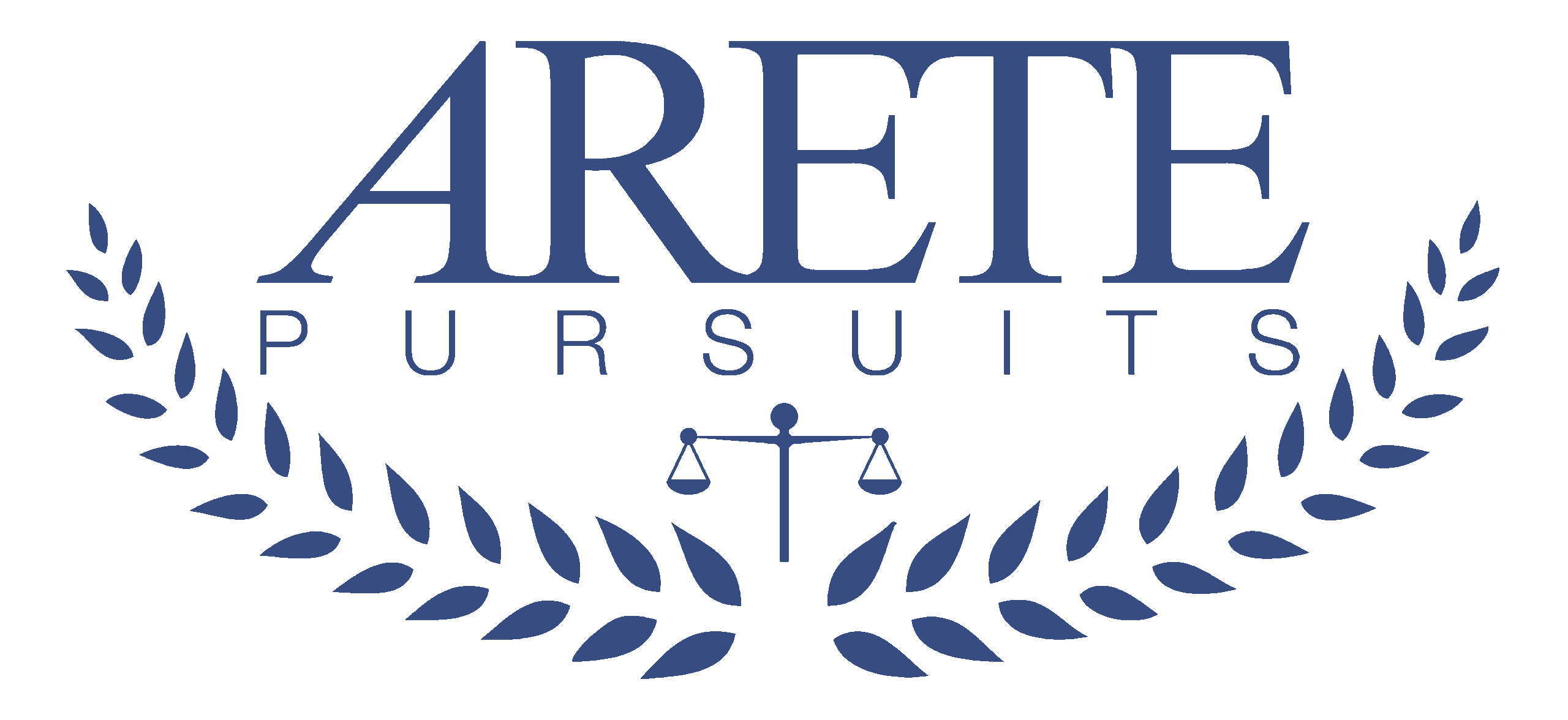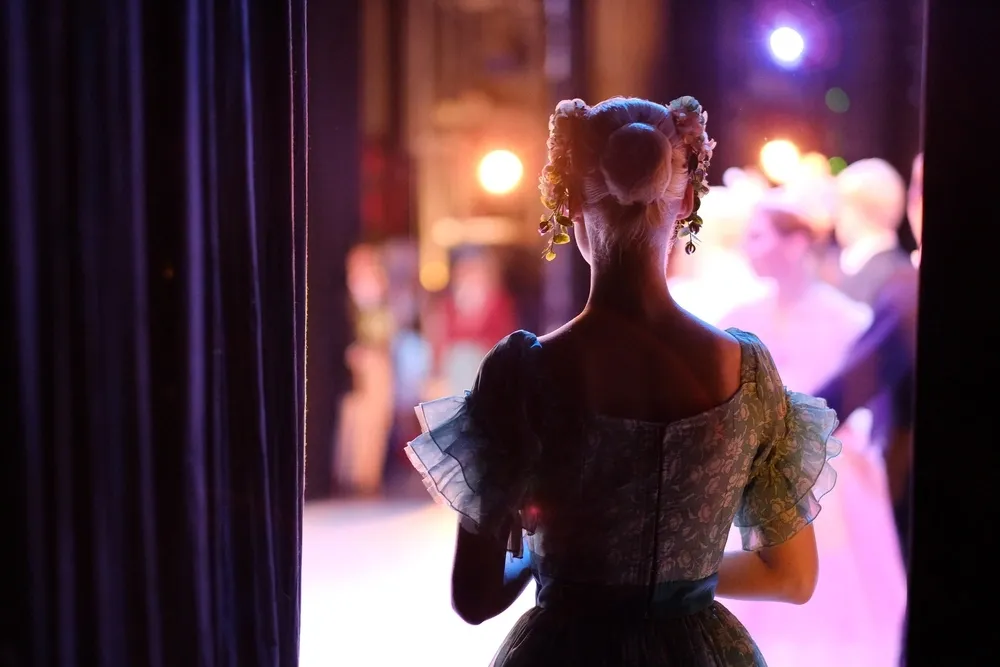Building on the Go On Tour blog’s theme from two weeks ago, I’m exploring the difference between being “Onstage” and “Backstage.”
Onstage in a Business Context
Most of us can intuitively connect with the notion of Onstage. Maybe it conjures up memories of a childhood performance in a play, a talent show competition, or presenting at an industry conference. In a business context, Disney is widely credited for popularizing the notion of Onstage. At Disney, whenever an employee is in a public area of their theme parks and visible to guests, they are Onstage. When they are out of sight of the guests, they are Backstage (or Offstage in Disney’s terminology).
When we are physically going on the stage to perform, we often go through some form of practice while backstage, preparing to step onto the stage and perform. Disney asks their employees to get in an Onstage mindset whenever they are in front of customers – just as if they were stepping onto a stage to perform. In essence, every public area of their theme park is a stage.
Onstage Leadership
When I think of the notion of Onstage and Backstage, I don’t limit it to customer-facing experiences. The metaphor holds anytime you enter an interaction that requires increased presence, focus, and awareness. When interacting with customers, I indeed consider myself to be Onstage. However, the same can be true when I’m leading an All Hands meeting with my team, presenting to the Board, in a job interview, or having a critical conversation with a colleague. Any of these interactions warrant conscious preparation to get into an Onstage mindset and choose how I want to show up for this “performance.”
Onstage Authenticity
When you are getting into an Onstage mindset, one common pitfall is to relate it to performing in a play, where you assume the role of a specific character and cease to be your authentic self. Some may view it as if you are putting on a mask for the performance. I encourage you to think through how you can show up Onstage without losing touch with your authenticity. This is less about assuming a different role and more about ensuring you are fully present in the performance. You wouldn’t bring your cell phone while performing and respond to text messages. You wouldn’t use the time on stage performing to think through all the things on your to-do list you need to get done in the next 24 hours. You’d be focused on the act of performing.
Onstage for me has several key elements:
- Some form of preparation before I step onto the stage. For example, five minutes before each coaching session, I shut down Slack, close down any applications that aren’t related to my coaching, put my phone on Do Not Disturb, and spend at least two minutes focusing on my breathing to clear my mind of any distractions.
- Maintaining full presence while Onstage. Whether having a critical conversation with a colleague or presenting to an audience, I do my best to be fully present in the moment and focused on the interaction. If a nagging thought arises and I can’t make it go away, I’ll jot it down on a notepad to get it out of my head.
- Understanding my role while maintaining authenticity. Consider the example of leading an All Hands meeting after your organization has just completed a round of layoffs. This can be a challenging Onstage situation. As a leader, you have to demonstrate support, compassion, and empathy while articulating the business reasons why the change was needed. In a scenario like this, an essential aspect of being Onstage is taking my time and ensuring I’m thoughtful in my responses to questions.
The Importance of Backstage
It’s easy to take the Onstage concept too far and decide that every interaction is an Onstage interaction. For most people, this approach would be exhausting. We must find opportunities for ourselves and our teams to be Backstage. When we are in a Backstage mindset, we are in a safe space where we do not feel the need to choose our words carefully. We have vulnerability-based trust that allows us to be completely open. Everyone understands this is a Backstage conversation and may not reflect the words they should choose in an Onstage setting.
When meeting 1:1 with your direct reports, strive to create a space that allows both of you to feel comfortable being in a Backstage mindset. You want to be able to speak your mind openly without fear that what you say will be used against you. Great leaders create this kind of environment. Not-so-great leaders do the opposite, creating an Onstage climate even for 1:1 conversations.
I find it helpful to be explicit about the Backstage and Onstage distinctions in my interactions. Consider a situation where you are a member of the Executive Team, and the team must decide how to allocate next year’s budget.
The CEO asks the team to approach the discussion in a Backstage mindset. While they work through this process, every voice should be heard, and the team should have a healthy, productive debate. When the final decision is made, everyone should buy in even if they want a different conclusion. If done well, all the leaders are bought into the decision and agree to support it in an Onstage way as they communicate to their teams.
Suppose you didn’t get what you wanted in the budget negotiations. If you don’t get into an Onstage mindset as you share this news with your team, you may say, “Sorry, everyone, we lost. I guess R&D isn’t a priority for this company. I tried to get people to understand, but they don’t care about us.” Your team feels unmotivated and uncommitted.
If you have the same discussion in an Onstage mindset, it’s more likely to be, “As a team, we had a very healthy debate about how to allocate the budget. Yes, we didn’t get everything we hoped for in the R&D budget, and that’s because, as a team, we recognized the importance of accelerating our Marketing investment. While I’d love to have more R&D dollars in the budget, I understand and support the investment in Marketing.”
Think about your key interactions. When are you showing up Backstage when you’d rather be Onstage? When are you creating a space that requires your employees to show up Onstage when you’d rather they be Backstage?
Want to comment? Join the conversation on LinkedIn.

